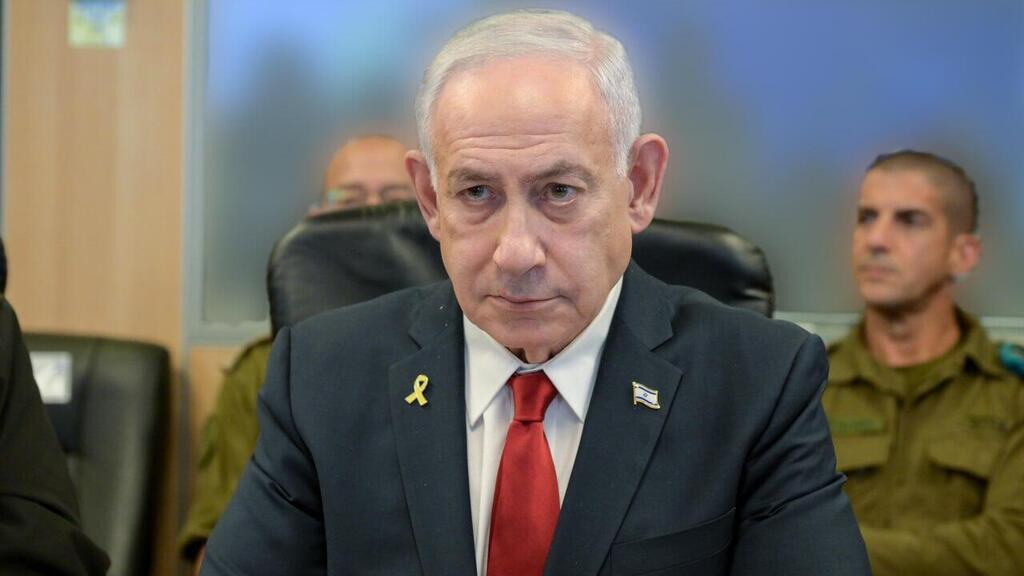The legitimate hope of “re-educating” two million Palestinians to embrace peaceful coexistence is equally impractical in the near term, given their deep-rooted religious convictions, the suffering inflicted during the war and the priorities of the Palestinian national movement.
A full takeover might seem, on the surface, to serve deterrence — which is vital to Israel’s security — but this is a flawed calculation. Deterrence depends on perception, which in turn relies on how facts are interpreted.
Clinging to the notion that victory depends on eliminating every last Hamas battalion is to surrender control over our narrative. We risk letting Hamas define the perception of success, undermining our strategic gains.
No one understands the power of shaping perception better than the prime minister himself. Yet his apparent preference to mortgage Israel’s hard-earned psychological and diplomatic achievements in exchange for conquering the remaining quarter of Gaza reveals a troubling short-sightedness.
If Hamas terrorists haven’t been deterred until now, will they suddenly be after seeing our tanks roll through the last neighborhoods? Why would Israel choose to frame its global image of strength around battles fought in the one arena where the enemy enjoys relative advantages, however limited?
The disadvantages of extending the war, by contrast, are extensive — for the Jewish people, the State of Israel and each of us individually.
We are also eroding support among large segments of American Jewry, whose political influence in Washington has been a critical pillar of Israel’s strength in the U.S. Losing that bond would come at a severe cost.
Strategy must also take Israel’s internal social fabric into account. The country is deeply divided over the fate of the hostages. For many, continuing the war amounts to abandoning them. Every day brings new moral dilemmas as dozens of civilians are killed, and perceptions of the war’s purpose grow more fractured.
Many Israelis believe coalition politics — not national security — are driving decisions. If such doubts seep into the ranks of the army and begin to fracture it from within, the blow to Israel’s deterrence would be catastrophic.
 Prof. Yedidia SternPhoto: Olivier Fitoussi
Prof. Yedidia SternPhoto: Olivier FitoussiThe reality is that Israel has already achieved victory. The campaign against Iran has concluded successfully. To continue pushing deeper into Gaza’s neighborhoods is to make a strategic error that conflicts with Israel’s long-term interests.
Prof. Yedidia Stern is president of the Jewish People Policy Institute (JPPI) and professor emeritus of law at Bar-Ilan University.





